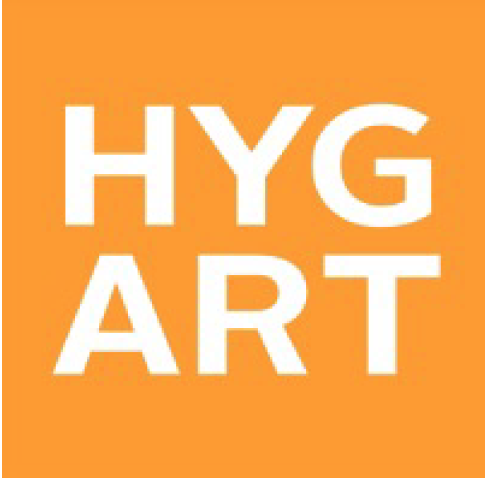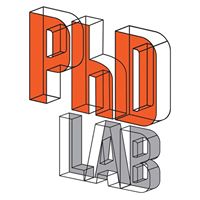This Fall I’m teaching two courses. The first, Foundations of Web-Based Multimedia Communications, a core offering in the Information Science + Studies Certificate, is a lecture-section course targeted at students interested in learning HTML/CSS/JS from scratch. Students will acquire the building blocks to code their own site, and then finish up with final projects of their own designs. I have a talented team of graduate students from the Computational Media, Arts & Cultures MA and PhD Programs as well as the MFA in Experimental and Documentary Arts. Last time I taught the course was as a seminar in Venice, so it is an interesting challenge to reconceive it as a large lecture class. Fortunately I’m building upon the work my colleagues have done in earlier semesters to explore those possibilities.
The other course is the Proseminar for the MA in Digital Art History/Computational Media. I’m teaching with teh assitance of Hannah Jacobs, Multimedia Analyst for the Wired Lab, and will be inviting in guests from the various Media Labs in Smith Warehouse. We look forward to exploring a wide range of DH and Comp Media topics together.
In addition to my courses, I’ll be meeting with my collaborator Trudi Abel and others on our Bass Connections Digital Durham: Past, Present Future team regularly to make progress on organizing our primary source materials for exhibition projects and a website revamp, as well as with the new crop of fellows in the PhD Lab for Digital Knowledge at the John Hope Franklin Humanities Institute, which I direct with Phil Stern in History. We have 15 Fellows joining us this year!


 This course is cross-listed in ISS/VMS/HISTORY/EDUCATION and counts as an ISS elective, as well as a VMS elective. We are busy working with our Bass Connections team this Fall to explore new content to integrate into the class, and working closely with Trinity Technology Services and the Library’s Data and Visualization Services to update our infrastructure for the existing
This course is cross-listed in ISS/VMS/HISTORY/EDUCATION and counts as an ISS elective, as well as a VMS elective. We are busy working with our Bass Connections team this Fall to explore new content to integrate into the class, and working closely with Trinity Technology Services and the Library’s Data and Visualization Services to update our infrastructure for the existing 





